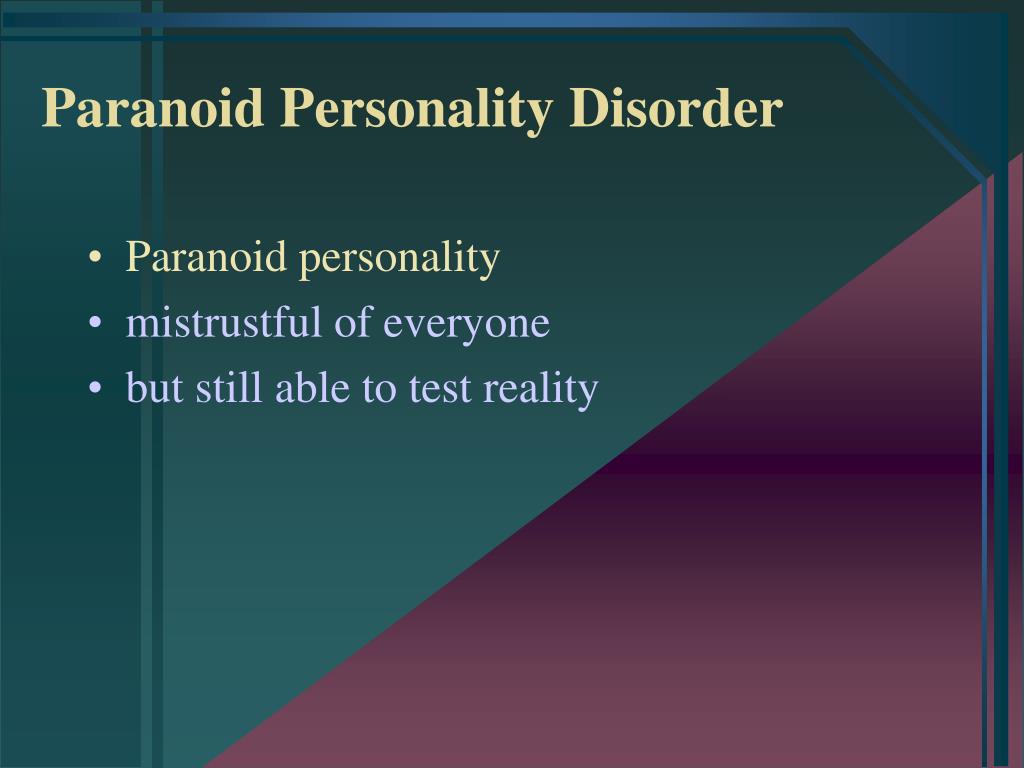

People with this disorder characteristically disregard the feelings, property, authority, and respect of others for their own personal gain. This may lead to desperate and impulsive behavior.Īntisocial personality disorder. This may be achieved through manipulation of others, leaving them often feeling empty, angry, and abandoned. As a result, they constantly seek a higher level of caretaking from others as adults. Their sense of reality is always seen in "black and white." People with borderline personality disorder often feel as though they lacked a certain level of nurturing while growing up. Moods may also be inconsistent, but never neutral. They have trouble keeping stable relationships. People with this disorder are not stable in their perceptions of themselves. Many symptoms of schizotypal personality disorder look like schizophrenia, but are less intense and intrusive.Įxamples of dramatic/erratic (Cluster B) personality disordersīorderline personality disorder. Yet, with schizotypal personality disorder, people also show disordered thinking, perception, and ineffective communication skills. Similar to those with schizoid personality disorder, people with this disorder are often cold, distant, introverted, and have an intense fear of intimacy and closeness.

Because of this, they exclude themselves from attachment to people and reality. People with schizoid personality disorder are absorbed in their own thinking and daydreaming. People with this disorder are often cold, distant, introverted, and have an intense fear of intimacy and closeness. Instead, they often project their feelings of paranoia as anger onto others. People with paranoid personality disorder generally can't see their role in conflict situations. They are often overly suspicious of their surroundings without good reason. People with this disorder are often cold, distant, and unable to form close, interpersonal relationships. You may express using unique mannerisms or have an unkempt manner of dress.Examples of odd/eccentric (Cluster A) personality disorders You might speak in riddles, rhymes, or a dialect you associate with otherworldly ability. Living with schizotypal personality disorder can mean you feel you have special powers or supernatural control over others. absence of close friends other than immediate relatives.diminished or inappropriate emotional expression.pervasive social anxiety regardless of relationship level.persistent, paranoid, or suspicious thoughts.atypical perception of the surroundings.

magical beliefs or fantasies that directly influence behavior.false beliefs that worldly events or happenings are directly related to you.It’s defined by features like a limited capacity to establish close relationships, eccentric behaviors, and ideas and perceptions that are atypical.Īccording to the DSM-5-RT, five or more of the following symptoms must be present to receive a schizotypal personality disorder diagnosis: Schizotypal personality disorder is considered the most well-researched cluster A personality disorder.
PARANOID PERSONALITY DISORDER TEST PROFESSIONAL
Only a mental health professional can accurately diagnose a cluster A personality disorder, because these conditions go beyond a specific set of simple behaviors or attitudes. Globally, a 2019 systematic review and meta-analysis spanning several decades found approximately 3.8% of people around the world live with a cluster A personality disorder, compared to cluster B disorders at 2.8% and cluster C disorders at 5.0%.


 0 kommentar(er)
0 kommentar(er)
